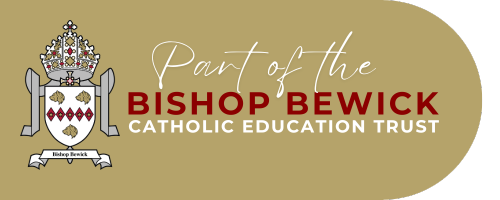
RELIGIOUS EDUCATION
INTENT:
At St Mark’s, we are committed to the Catholic Faith, recognising and valuing every individual as special and unique in the image and likeness of God.
Religious Education in our school is central to our educative mission and is intrinsically linked with our school Mission Statement. It is the ‘golden thread’ through our teaching and school life.
St Mark’s Mission Statement:
Our mission is to promote a sense of self-worth through an understanding that each one of us is precious to God. We will achieve this through providing a quality education, in a happy and secure environment, developing relationships of trust within a Christ centred community.
Our Mission Statement sits alongside the Gospel values of: courage, creativity, thankfulness, responsibility, compassion, peace, service, justice, trust, hope, love, forgiveness, friendship, humility, generosity and reverence and respect.
Religious Education, is more than a subject area to us at St. Mark’s. It influences all aspects of school life and relationships. We hope that by developing this Catholic emphasis, we are building a caring attitude in school which will be evident in all our relationships between staff, families and children.
As a Catholic school, we feel that the spiritual, moral, social and cultural development of pupils is a major strength of our school. It underpins the education of our pupils and establishes a caring, orderly and self-disciplined learning community. We seek to encourage the children to work together and to willingly take on responsibility. They learn to share and value the achievement of others. The moral development of our children flows from a firm spiritual base.
We are nurturing the spiritual essence of every child through an engaging curriculum centred on Gospel Values. Each learner is immersed in authentic teaching to support and inform their moral compass and to equip a generation of emotionally literate, scripturally mindful and universally loving members of the Catholic family. Our aim is that, in RE lessons, everyone feels respected for their beliefs and expressions of faith and where, ultimately, all children achieve.
IMPLEMENTATION:
At St Mark’s, we believe that Religious Education is the core of the core curriculum. It is to be taught, developed and resourced with the same commitment as any other subject.
Religious Education - Curriculum Time Allocation:
10% of curriculum time is allocated to Religious Education. This does not include Collective Worship.
PROGRAMME OF STUDY
To fulfil the above aims and to address the four areas of study outlined in the Religious Education Curriculum Directory, 2012 – Revelation, Church, Celebration and Life in Christ - the ‘Come and See’ programme is used as recommended by the Diocese. Come and See is an invitation to exploration and promise of life for everyone. It aims to raise questions and provide materials for children to reflect on their own experience. For all children, the programme will raise questions of meaning and purpose and enable children to think critically, providing materials for reflecting on their own experience.
Teachers plan creative, engaging and focussed lessons which offer challenge to all pupils from Come and See. RE is assessed from the Age-Related Standards. In each unit, children will experience a wealth of varied activities and experiences including visits, art work, music, varied stories, symbols and rituals, people and objects.
PROCESS
Religious Education is taught through the process of Explore, Reveal, Respond. This follows the pattern of: the human search for meaning, God’s initiative in revelation and the response in faith. This is outlined both in the Catechism of the Catholic Church and in the Curriculum Directory.
METHODOLOGY
A variety of teaching and learning strategies will be used from across the curriculum adapted appropriately to the needs and learning styles of pupils.
INCLUSION
All pupils in our school, irrespective of ability, faith and background, will have appropriate differentiated access to the Religious Education programme.
OTHER RELIGIONS
Two other religions are taught from EYFS to Year 6 following the programme of study in Come and See. These are Judaism, which is usually taught in the Autumn, and Islam, which is taught either in the Spring or Summer. At least one week of teaching and learning time per year is given to each.
CATHOLIC LIFE
Opportunities for celebration, prayer and reflection in implicit and explicit ways are planned throughout the year. For example, Masses, Liturgies, Collective Worship, Prayer Spaces , prayer journaling, creative prayer.
RELATIONSHIP AND SEX EDUCATION (RHE)
Relationships and Sex Education is taught through a whole school policy which has been adopted from the Diocese and scheme of work ‘Life to the Full’, and, where possible, is integrated into other areas of the curriculum such as religious education, science and PSHE. It is always taught within the context of the church’s teaching on sexual relationships. Parents are given the opportunity to discuss what their child will be learning so that they can support their child at home. Questions that children ask are answered sensitively and in a caring manner. Lessons and resources are always chosen to suit to the age of the children.
IMPACT:
Evidence of impact in RE is measured through ‘Age Related Standards’ and monitored internally through our in- school monitoring programme and through the diocesan moderation process, annually. Progress and impact are measured through moderation of planning, lessons and books. Cluster meetings with other RE coordinators ensures progress and good practice takes place across school.
Impact is not just collated through books or attainment but through the vibrant Catholic Life of our school; all of our pupils contribute to collective worship, liturgies and catholic life. Impact is also measured through pupil voice, staff and parent questionnaires.


